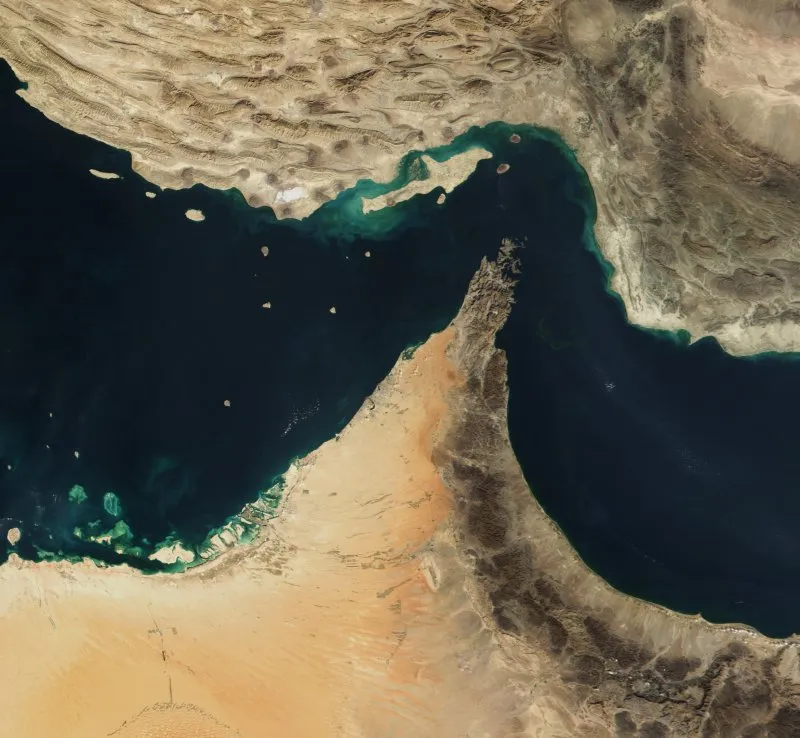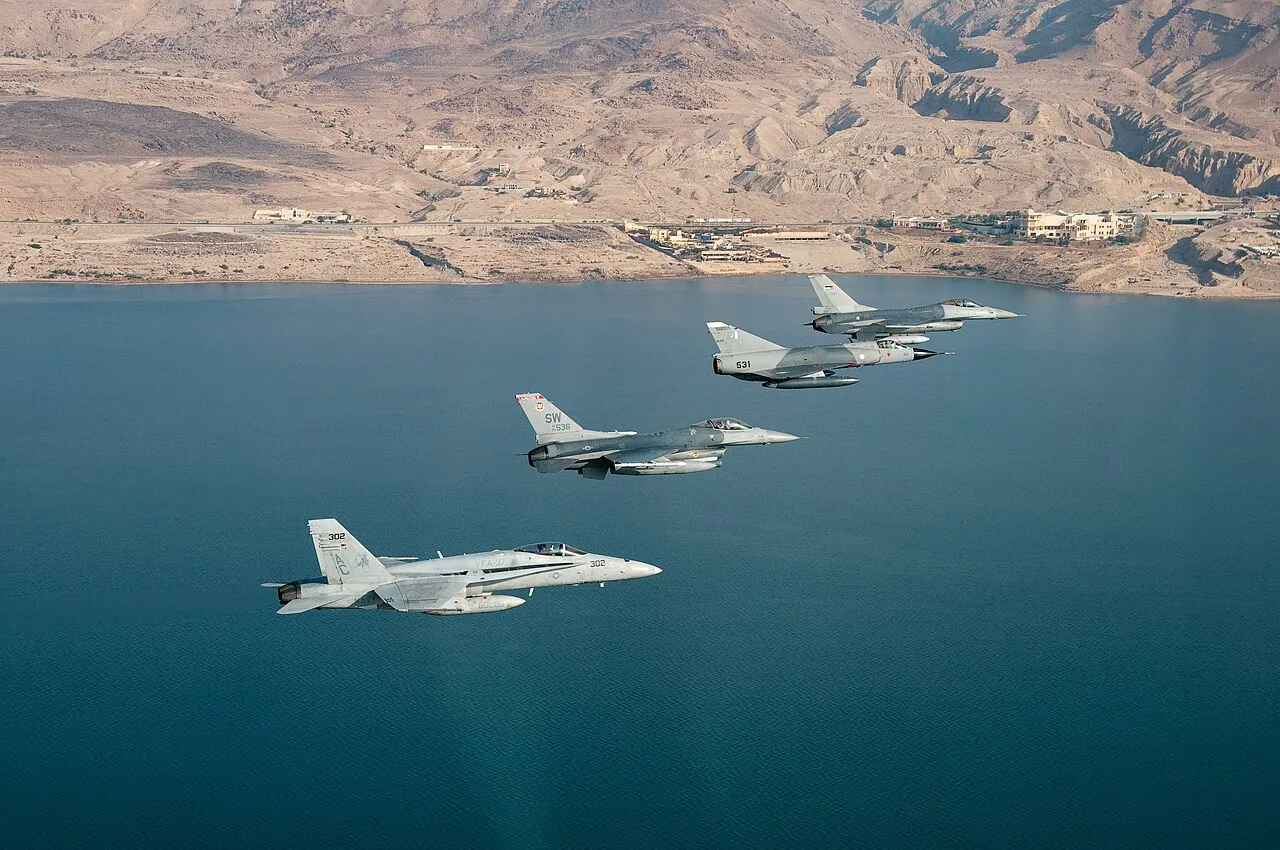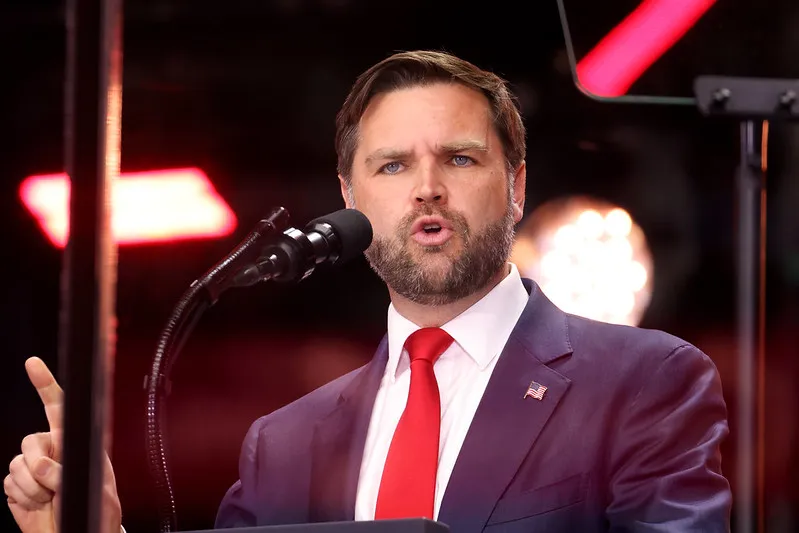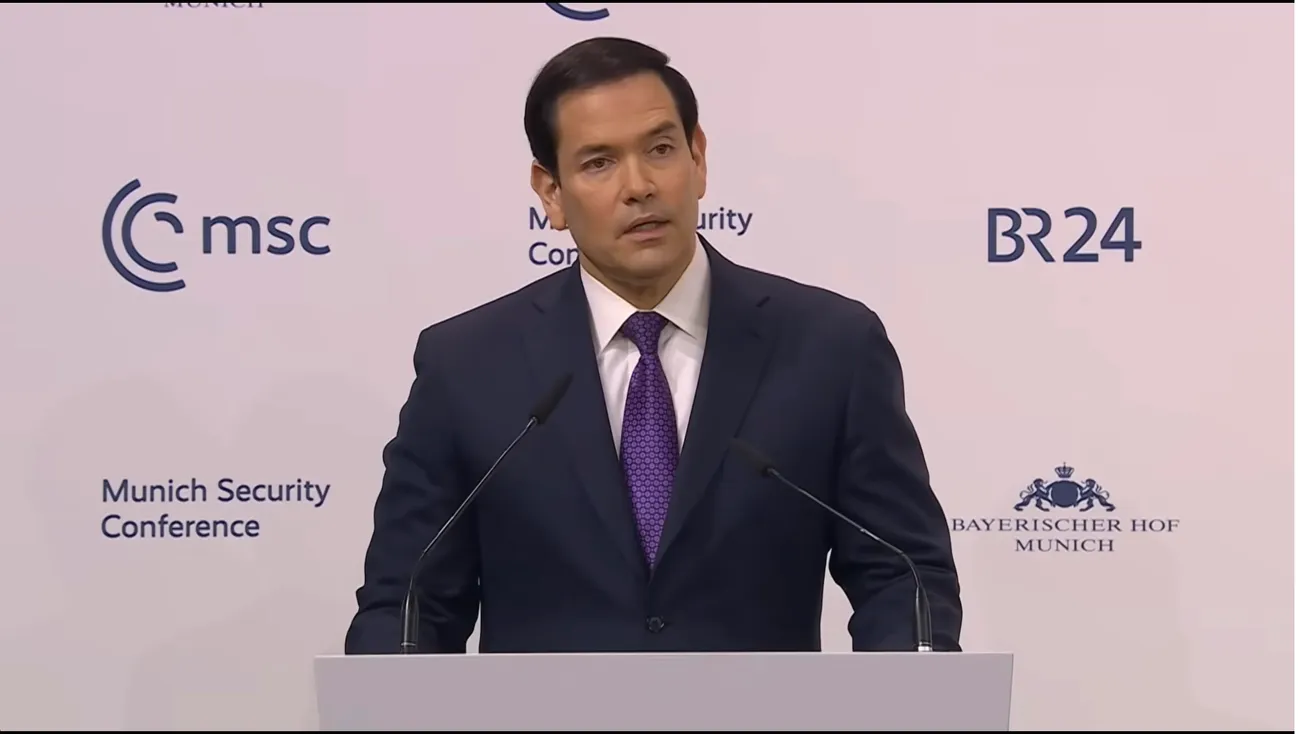The Baltic nation of Lithuania—population 2.8 million—is strutting its stuff with evident NATO backing, saying that they will not budge an inch on their announced blockade of all Russian land shipments to Kaliningrad, which of necessity must transit through Lithuania. Lithuanian President Gitanas Nauseda vowed on Facebook yesterday that Lithuania will not back down, despite efforts of some EU diplomats to defuse the crisis. “It is perfectly clear that Lithuania must and will apply the EU sanctions. Lithuania must and will maintain control over the goods transported via its territory, and any ‘corridors’ are out of the question, just as concessions to Russia are out of the question,” the President said, reported TASS. “The government should immediately begin consultations with the European Commission so that the imposed sanctions don’t harm either the interests of Lithuania or international agreements.”
Nauseda’s vow came a day after Petras Austrevicius, a Lithuanian member of the European Parliament, complained on his Facebook page that someone in the European Commission was proposing to lighten up on the sanctions regime to allow goods to flow freely from Russia to Kaliningrad. “Lithuania has declared an uncompromising position that it is necessary to stick to the previously agreed position and not give in to Russian pressure,” he said. “Most state representatives supported Lithuania. Unfortunately, a representative of one state, however, suggested that the regulation on the implementation of sanctions be revised.” As a result, “a document was born that would allow the transportation of sanctioned goods through the EU territory from `Russia to Russia.’”
Austrevicius, along with three other MEPs, signed a letter to European Commission President Ursula von der Leyen and EU Commission Vice President and High Representative for Foreign Affairs Josep Borrell declaring any loosening of EU sanctions to be “unacceptable,” and that “the EU cannot succumb to pressure from the aggressor and create extraterritorial exemptions and concessions through additional decisions.” The letter concludes: “We call on you, as leaders of the European Commission and the EEAS [EU diplomatic corps], to pursue a policy of solidarity and unified sanctions against Russia.”
On June 23, Borrell had said that the EU was not seeking to impose a “blockade” on Russia’s Kaliningrad Region and will review its sanctions guidelines to avoid “blocking” traffic into and out of the exclave, reported RT.
Russian authorities are not amused. Russian National Security Secretary Nikolay Patrushev last week warned that Moscow will unquestionably respond to the Lithuanian provocation, in a way that would be very painful for that country. And Russian army reserve Lt. General and Duma Deputy Andrey Gurulyov stated on Russian TV that Moscow should not try to seize and establish a military corridor from Belarus to Kaliningrad through the Suwalki Gap, passing through Lithuania, since that would be a NATO trap, with their troops on both sides of such a corridor. Instead, he suggested that a series of full-scale military responses would be appropriate, should things escalate, including bombing London, reported Newsweek and London’s Daily Mail.





